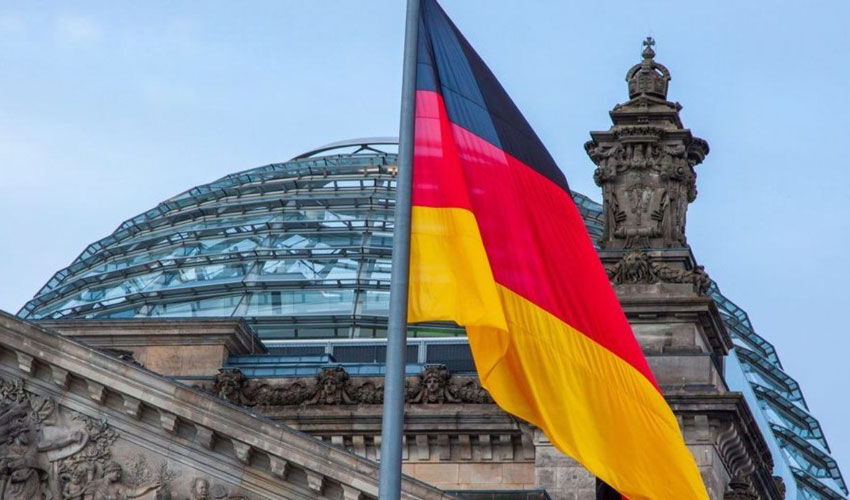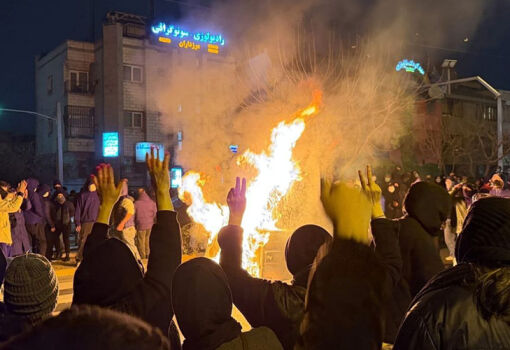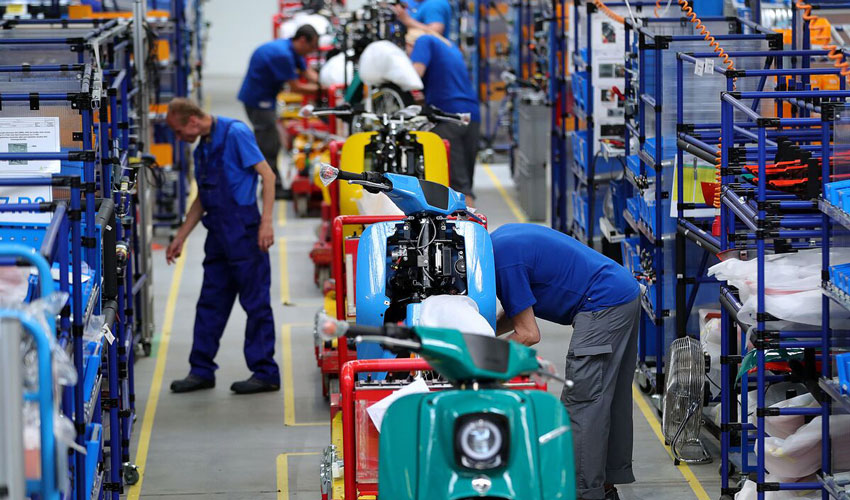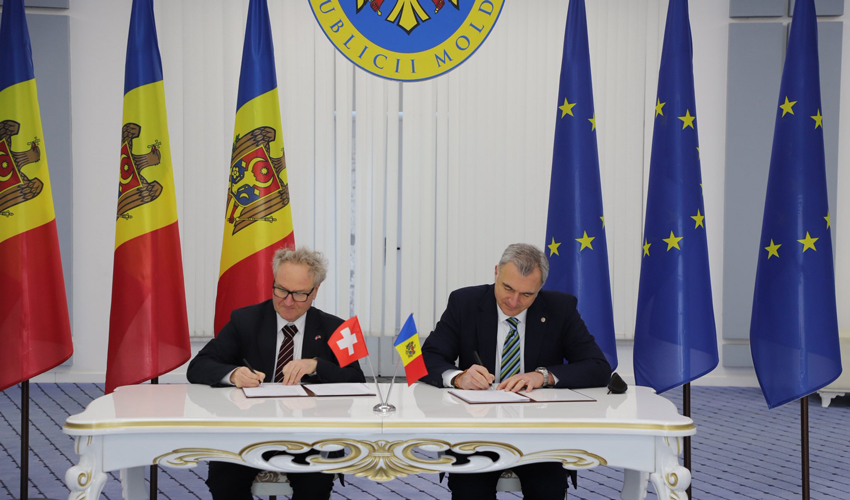
The steel concerns in Germany employ about 80,000 people, but the industry is experiencing an existential crisis, according to the Süddeutsche Zeitung. But they are not alone in their problems – the situation is similar, for example, in the chemical industry, where companies are shutting down their plants one after another.
The publication notes that the country’s steelmakers are facing several blows at once. Due to the weak economy, demand for steel has fallen and subsidized Chinese competitors are flooding the global market. As President Donald Trump shuts down imports to the U.S., even more of this cheap metal is flowing into Europe. Additionally, German blast furnaces are suffering from high energy prices. Expensive electricity also hinders the transition to environmentally friendly technologies: coke and coal-fired blast furnaces cause enormous damage to the climate. The best alternatives are electric arc furnaces or so-called direct reduction plants. In these, pig iron can be produced using “green” hydrogen. But “green” electricity for arc furnaces is so expensive that it is impossible to recoup the costs. This is even more true for hydrogen.
The consequences are bitter: ArcelorMittal has frozen the modernization of its German sites in order to protect the environment, although the state and the federation were ready to support the project generously – to the tune of 1.3 billion euros. Competitor Salzgitter has also postponed new “green” investments. But the concerns are running out of time. In the EU, companies must buy emission rights if they release greenhouse gases into the atmosphere. Brussels has tightened the system as part of more ambitious climate targets. It is getting more expensive to emit CO₂ – dirty blast furnaces in Europe are doomed to extinction
However, the Süddeutsche Zeitung also points to some progress in Europe in the fight against dumped imports. In October, the European Commission proposed raising duties on steel imports. “Of course, tariffs have unpleasant side effects: prices for consumers rise, and it is extremely difficult to cancel the duties afterwards. But in this case they are justified: without them, European steelmakers would continue to be victims of unfair Chinese subsidies and Trump’s protectionism,” the newspaper writes.
As one of the support measures, the German authorities are considering the introduction of subsidized electricity prices for industry from January 2026. In addition, they plan to make billions of dollars in budget payments to network operators to reduce tariffs.
But subsidies in the EU are limited to a maximum of 3 years, and duties may have negative side effects, notes Süddeutsche Zeitung. Therefore, along with these measures, the unconditional priority should remain the search for options to reduce the costs of energy transition, and most importantly, ways to make electricity cheaper. “Without cheap electricity, Germany will irrevocably lose important industry segments, which will jeopardize the country’s entire economic model,” the publication states.













